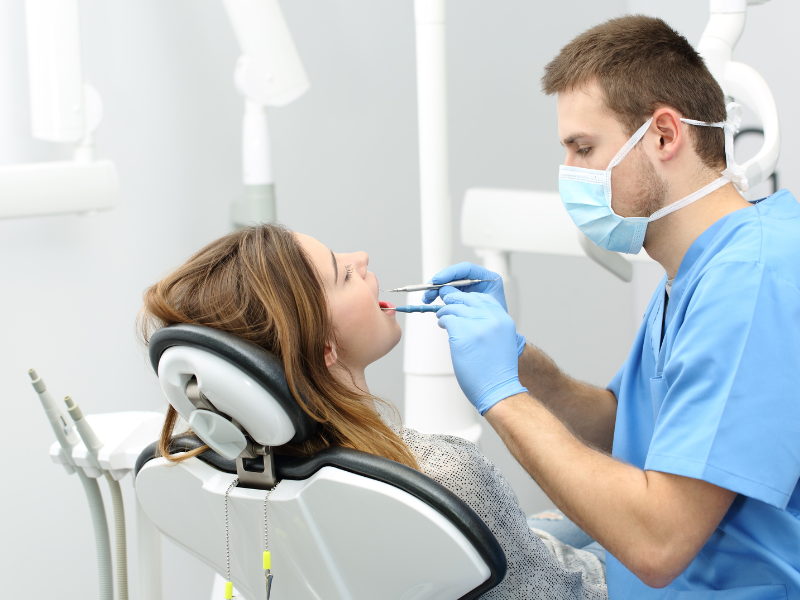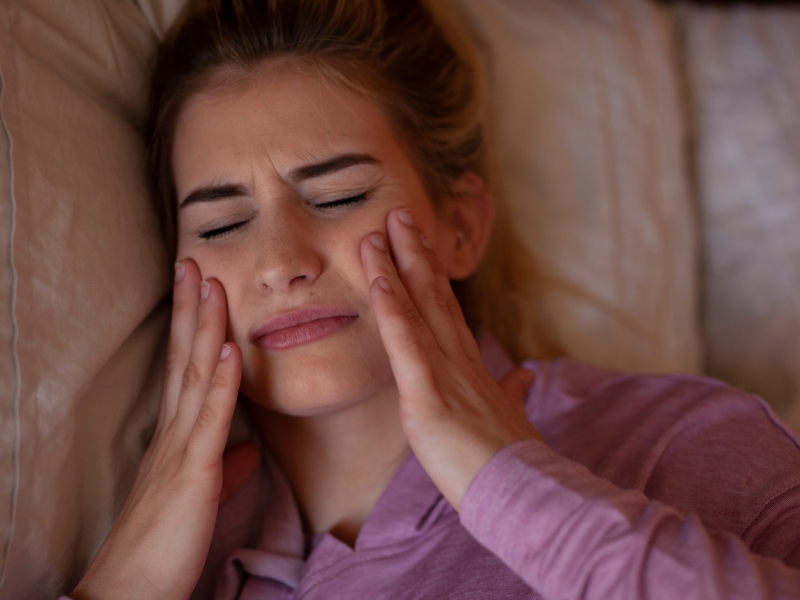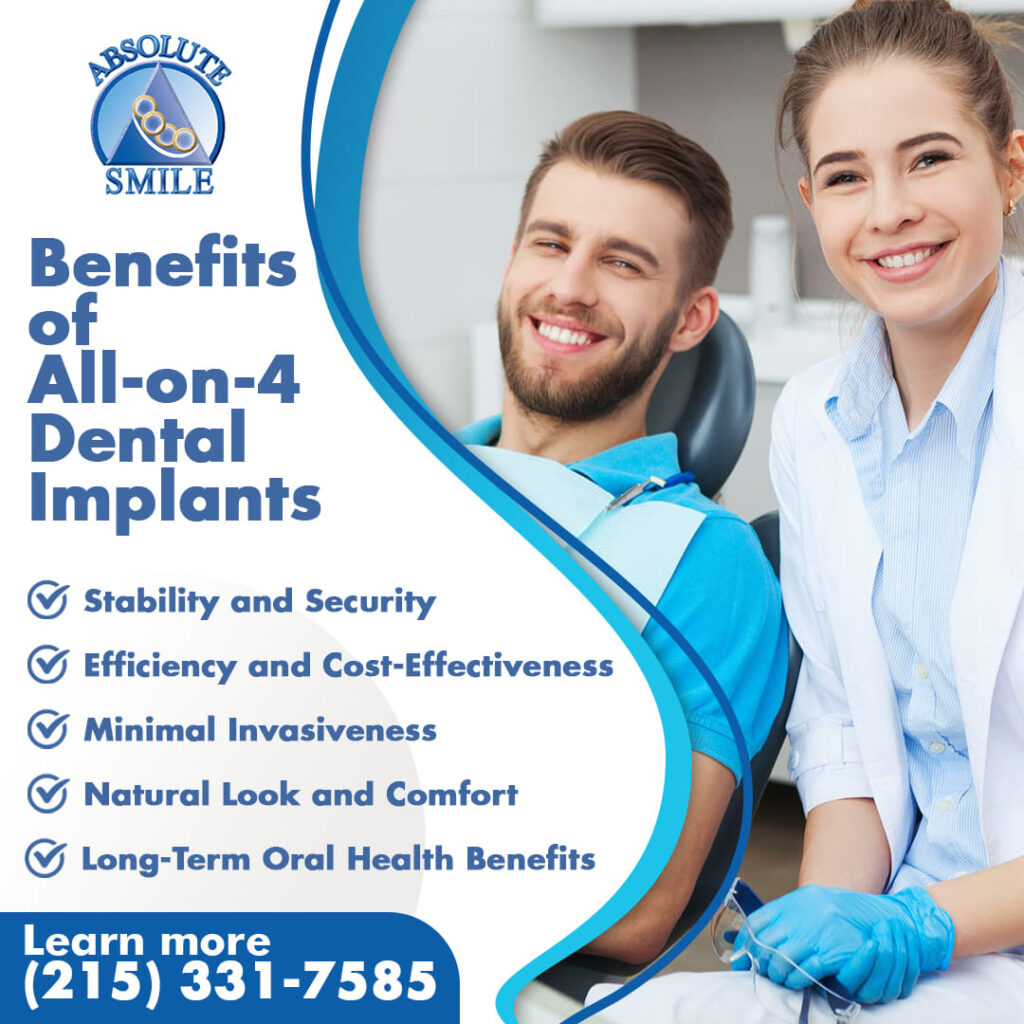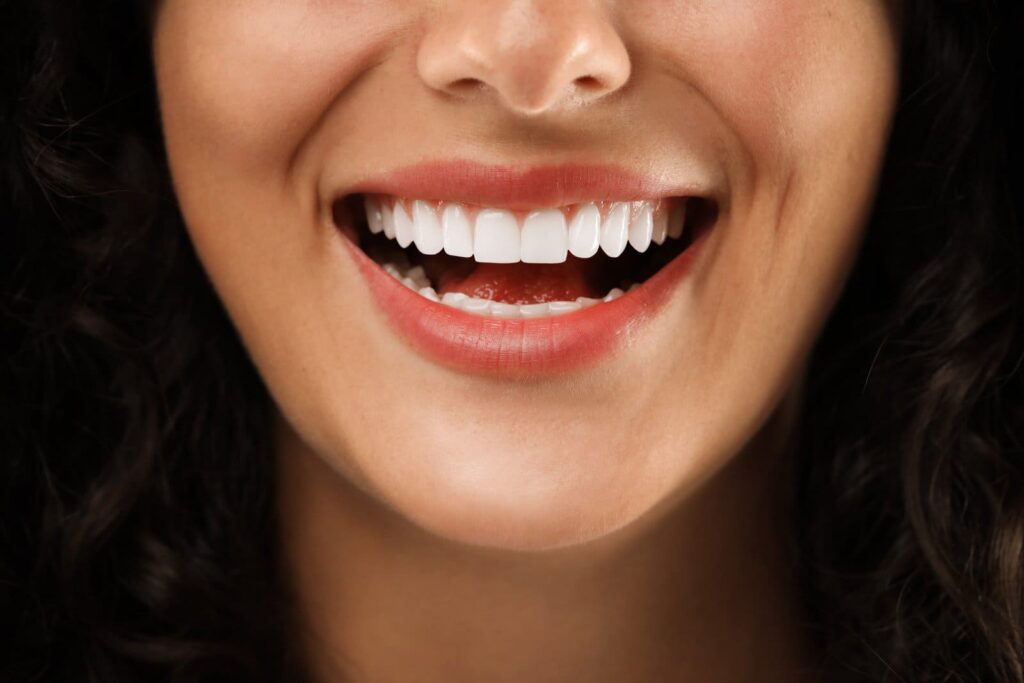
Do you clench or grind your teeth at night or during the day? While it’s not uncommon to clench our teeth when we’re frustrated or angry, you may have Bruxism if you find yourself doing it in your sleep or unconsciously when you’re awake. Since the actions are often unconscious or during sleep, how do you know if you have Bruxism? What complications can it cause? Let’s examine the signs and results of Bruxism treatment in Southampton, PA.
Symptoms of Bruxism
Sometimes, others can provide indications that we may have Bruxism. For example, your partner may tell you that you’re grinding your teeth at night when you sleep. Other times, someone may point out that you’re clenching your jaw or grinding your teeth when you’re otherwise relaxed. Outside of these situations, Bruxism can manifest several signs and symptoms, including,
- Flatted, fractured, or chipped teeth
- Worn tooth enamel
- Increased tooth pain and sensitivity
- Tired or tight jaw muscles or a locked jaw (won’t close or open completely)
- Earache-like pain that isn’t actually in the ear
- Dull headache around the temples
- Damage to your cheek
- Sleep interruptions (from grinding or related pain)
You should talk to your doctor about a diagnosis and treatment plan if you have any of these symptoms.

Bruxism treatment in Southampton, PA – Risk Factors for Bruxism
Like many health conditions, some things can put you at higher risk of developing Bruxism. These include,
- High stress or anxiety
- Age – Bruxism is more common in young children.
- Personality type – aggressive or highly competitive people tend to develop Bruxism more readily.
- Some medications and substances such as tobacco or recreational drugs
- Family members with Bruxism
- Other health conditions such as GERD (gastroesophageal reflux disorder), epilepsy, night terrors, other sleep disorders, Parkinson’s, dementia
Impact of Bruxism on Your Dental Health
While mild Bruxism doesn’t typically have serious complications, severe Bruxism can damage your teeth. Since many of the symptoms of Bruxism involve your teeth, the impacts on your dental health are quickly apparent. Damage to your teeth can lead to,
- Cavities
- Tooth decay
- Infections such as abscesses
- Gum inflammation
- Further damage to your teeth
If your symptoms of Bruxism include damage to your teeth, it’s important to schedule a dental appointment to address your damaged teeth. We can assist you with tooth repair and dental implants to fix damage to your teeth if needed.
Are You Looking for Bruxism treatment in Southampton, PA?
If you’re looking for implant dentistry close to Southampton, Absolute Smile is here for you. Contact us for an appointment for you and your whole family.






